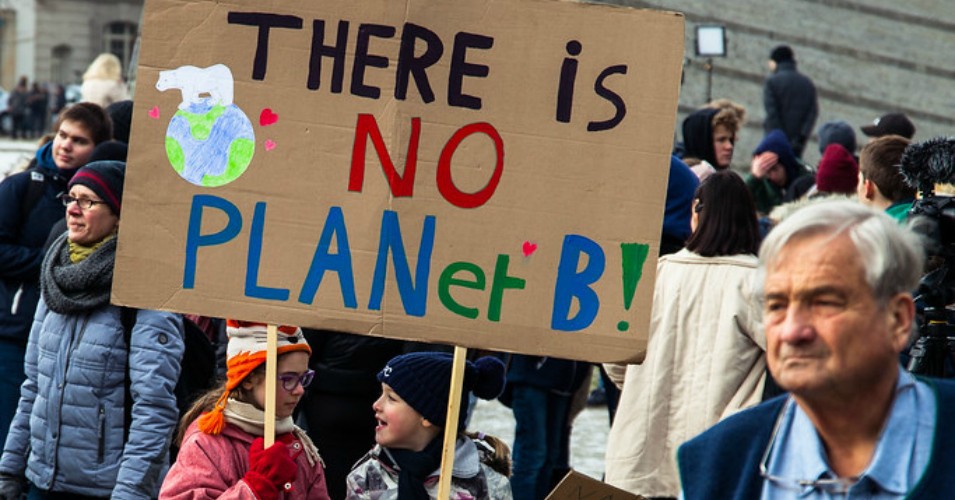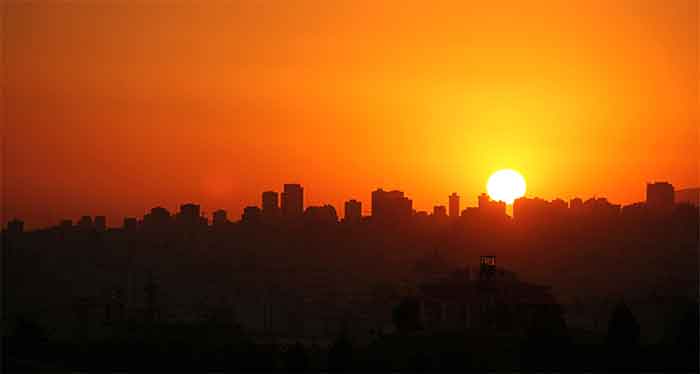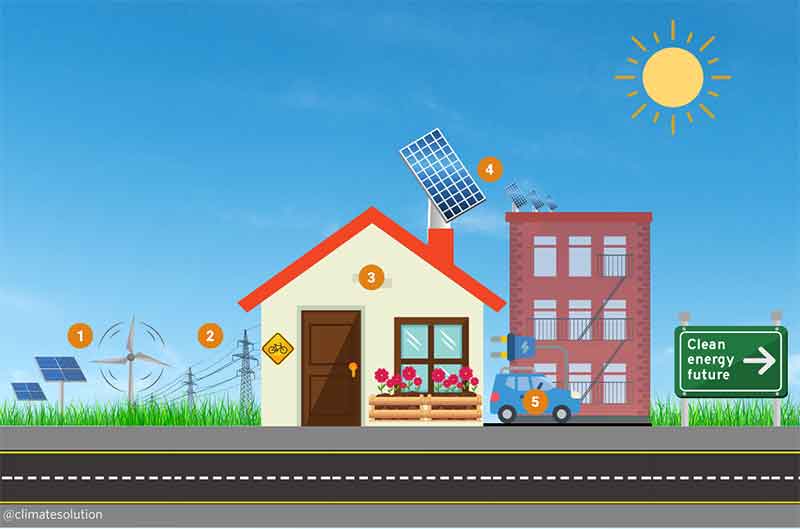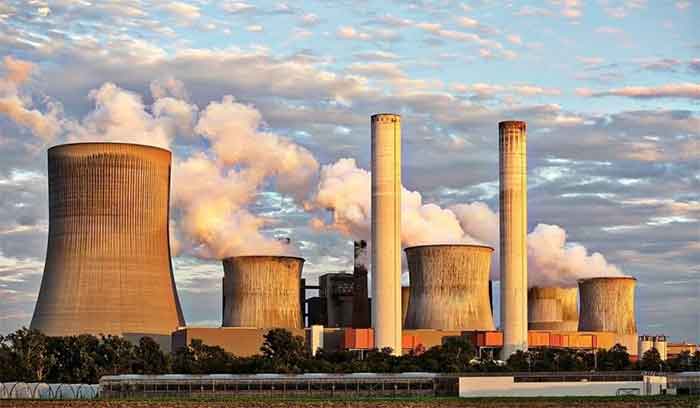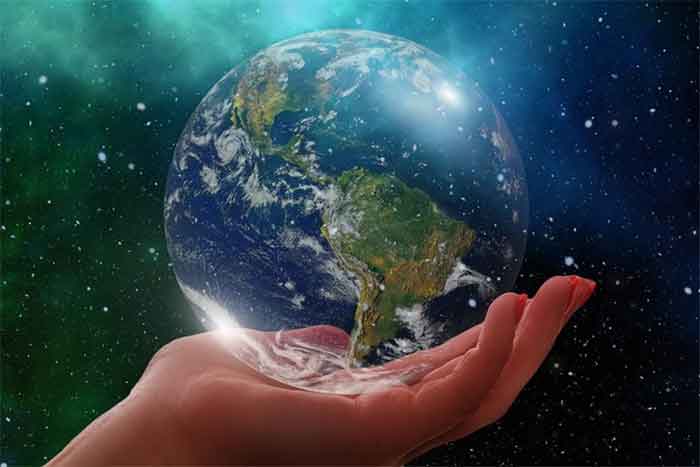
Billion-dollar disaster was the term used to describe the climate breakdown that rocked our world last year. Floods in Pakistan droughts in China and Europe and tropical cyclones in other parts of Asia and America. India in the month of October last year experienced extreme weather events on 30 out of 31 days according to India’s Atlas on the Weather. We lost six people a day that month alone due to the extreme weather conditions making October 2022 visibly difficult and challenging. Globally stories on climate change narrated loss of lives livelihoods food security and that it cost us billions of dollars raised eyebrows and sometimes voices on the uncertainty of our economy.
The series of disasters followed the global UN climate summit the CoP 27 that concluded at the Sharm el Sheik in Egypt on a positive and celebratory note with the establishment of the loss and damage (L&D) fund. This was seen as a historic move as the fund is set up with an intention to support poor countries of the global south who will be severely impacted by the climate crisis. A step in the right direction that came through despite resistance from rich countries in the global north though clarity on the details of operationalising this fund are awaited.
Global north has a higher climate change debt that needs to be fixed
The L&D fund which was first demanded thirty-one years ago should be operationalised immediately on the principle: the atmosphere is a common with shared and finite resources with each nation having an equal share. Climate change debt should be fixed on nations based on who have surpassed their share of global emissions by understanding historic cumulative emissions and not annual flows as what is relevant is stocks of carbon dioxide in the atmosphere. In the period between 1850-2015 the countries of the global north are responsible for 92% of overshoot of global emissions with the United States solely responsible for close to 40% and European Union 29% (Lancet planetary health, Sept 2020). Most countries in the global south have historically emitted so little that they are under their planetary boundary for carbon emissions for example India is still 90 gigatons under its fair share.
High income nations of the global north including the United States European Union Japan Canada and Australia constitute only 19% of the global population but emit the majority of excess emissions. This is due to high energy use to support an economy that grows for the sake of growth and beyond what is needed for human well-being. But despite high energy use there is poverty in these countries for example in the USA 37.2 million (2020) people are poor. This is because high levels of production and consumption is not organised around human well-being but rather around capital accumulation, so high levels of energy use fail to meet basic needs. This excessive emissions are due to the needs of economic growth to extract and transport the materials that the global economy consumes. To put this in perspective high income nations consume four times more than sustainable per capita material footprint as per ecologists. Consumption for low-income countries is 2 tons of material per person per year 4 tons per person for a lower middle-income country 12 tons per person for upper middle-income country and 28 for high income countries and 35 tons for the United States (Less is More, Hickel, 2020). The data clearly shows that high income countries of the global north are responsible for excess material consumption and emissions resulting in ecological and climate breakdown. This has been possible because these countries are able to consume materials mostly extracted from the global south through unequal and exploitative conditions.
Climate Change is rooted in colonisation
In the past colonisers extracted from the colonies raw materials like sugar fossil fuels agricultural products timber cotton tea to name a few to build their own economies. This process of extraction was exploitative by cheapening labour and resources through mass enslavement and legal contracts. The colonisers destroyed subsistence economies of the global south to develop their economic systems based on capitalism. The problem is that this economic system is based on extracting and accumulating surplus and creating cycles of infinite expansion within a finite web of life (Patel and Moore, 2018).
Post the era of colonisation there are new forms of colonisation and continued extraction and exploitation inflicted on the global south to feed the unsatiated need for growth of the capitalist system. The introduction of development assistance in the 1970s to the global south with the pretext of development and poverty reduction ensured these countries would follow economic systems modelled by the global north. This has inflicted the vicious cycles of perpetual debt on developing nations of the global south and efforts by the World Bank and International Monetary Fund (IMF) to ease these repayments by introducing the structural adjustment programmes (SAPs) have failed.
Thomas Sankara former president of Burkina Faso, saw debt as neo colonisation and creditors as colonisers.
The repayment of debt by the global south takes funds away from important public programmes like health and education and managing uncertainties like the Covid 19 pandemic and climate change. A report by the Jubilee Debt Campaign (2021) mentions that lower income countries spend five times more on debt repayment than on dealing with climate change. India’s own external debt stands at US $620.7 billion in March 2022 which is an 8.2% increase from the previous year. Imagine if India could access these funds to build resilience in our poorest communities especially women and children from heat stresses, droughts and floods and provide access to essential services which will support in well-being and climate compatible development.
Degrowth: hopeful and powerful way forward
At this point it is evident that those primarily responsible for climate crisis namely the richer countries of the global north have mindlessly consumed in the name of growth under the capitalist regime continue to do so at the cost of vulnerable communities of the global south (aware that the global south is not a monolith but has varying degrees and diversity of consumption patterns). But instead of being held responsible they continue to exert forms of neo-colonialism in the form of debt and as the late anthropologist David Graeber puts it quite well “no better way to justify relations founded on violence, to make such relations seem moral, than by reframing them in the language of debt – above all, because it immediately makes it seem that it’s the victim who’s doing something wrong.” Cancelling the external debt of the global south will provide the necessary resources required by these countries in the efforts of climate mitigation, adaptation, and resilience.
But eventually if we choose to tackle the root causes of climate change, we will have to start asking the tough questions on growth for the sake of growth and critiquing the endless cycles of production and consumption not necessarily for human well-being. It might mean we have to critique, reimagine, and then exit the economy, which could sound extreme and radical to some but logical given the current crisis.
So, the next obvious question is how?
Degrowth an emerging paradigm, perspective, thought process and a strategy is an amalgamation of several disciplines, experiences, evidence and approaches which could offer insight. Degrowth a critique of the ecological consequences of the economic crisis (Kallis 2018) is an opportunity to reorganise society away from the Western imaginary and colonial dominance. Degrowth rejects austerity, cheapening of lives and labour, racist and casteist ideologies and colonial appropriation. It seeks to organize production around meeting human needs directly, rather than around capital accumulation, thus ensuring good lives for all within planetary boundaries. It is truly an exciting opportunity to reimagine economic and social relationships, identities, politics and move towards broad social transformation and conviviality. What makes it incredibly powerful in the context of the current climate crisis is at its core degrowth is about decolonisation, democracy, and citizenship. And while there are still unanswered questions it provides a way forward for consideration, dialogue and mostly to feel hopeful.
Neha Saigal works on gender and climate change in India and is a student of degrowth
References
- Counting The Cost 2022: A year of climate breakdown. Christian Aid, December 2022.
- Hickel, Jason. 2021. “The anti-colonial politics of degrowth,” Political Geography
- Hickel, Jason. 2020. “Quantifying National Responsibility for Climate Breakdown,” The Lancet Planetary Health
- Hickel, Jason 2021. Less Is More. London, England. Windmill books
- Patel and Moore 2018. A History of the World in Seven Cheap Things.
- Kallis, G. 2018. What is Degrowth? Chapter 2 in Degrowth. Agenda Publishing Ltd., Newcastle upon Tyne, UK (United Kingdom).



